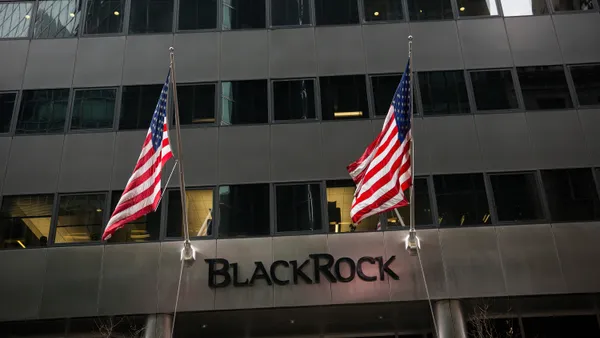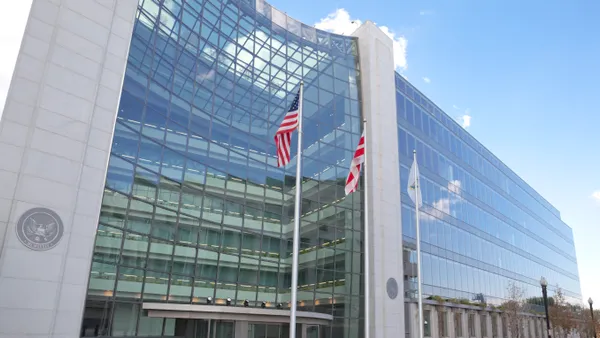Companies seeking guidance from the Securities and Exchange Commission on whether they can lawfully exclude a shareholder proposal from a vote often found an ally in agency staff during the 2024 proxy season, an analysis by Shareholder Rights Group finds.
Agency staff granted what are known as no-action requests from companies 139 times, a big jump over the 76 requests that were granted the previous year, mainly because the number of shareholder proposals ballooned, according to the analysis.
On the other side of the ledger, the agency denied no-action requests 64 times, compared to 59 times during the 2023 proxy season.
Despite the higher number of requests, the percentages at which agency staff granted or denied the requests didn’t change much from the previous year. The agency granted 68% of requests this year, up slightly from 56% the previous year, and this year’s denials, at 31%, is down from 44% the previous year.
What did change is the reason no-action requests were granted; agency staff increasingly cited micromanagement as a reason to grant the request, suggesting shareholders were submitting proposals that, if approved in a proxy vote, would insert them into aspects of the business that should be left to company management. That was particularly the case in requests involving climate related proposals.
“Climate-focused proposals on which the no action request was granted included those seeking a breakdown of greenhouse gas emissions by product category sold by companies like Walmart and Tractor Supply,” the analysis says. “In addition, proposals at Wells Fargo, Bank of America and Goldman Sachs, among other banks, sought disclosure of the proportion of sector emissions attributable to clients not aligned with a credible Net Zero pathway.”
Granularity standard
The rise in micromanagement as a reason for granting no-action requests likely increased as a result of a policy change SEC staff made in 2021.
Under the change, staff rescinded some previous policies to give more weight to the level of granularity in a proposal to determine if it constitutes an effort to micromanage the business.
There’s reason to believe that change led to the submission of more prescriptive shareholder proposals, which in turn triggered a negative reaction from institutional investors, according to an analysis by Cydney Posner, a special counsel at global law firm Cooley.
“The prescriptive nature of many of the proposals, especially climate-related proposals, prompted some major asset managers to vote against these proposals,” Posner says.
The Shareholder Rights Group analysis suggests SEC staff responded to asset managers’ concerns by leaning heavily on the granularity standard in their granting of several no-action requests this year. In addition to the climate-related no-action requests granted, SEC staff also granted a request to exclude a proposal involving Delta Airlines officials’ response to unionization efforts.
These exclusions, the Shareholders Rights Group analysis says, “should demonstrate that the SEC staff takes feedback from the market in its exclusion decision-making.”
Bottom line: SEC staff appear to be siding more often with companies’ no-action requests after institutional investors balked at what they saw as overly prescriptive shareholder proposals in the 2023 proxy season.













